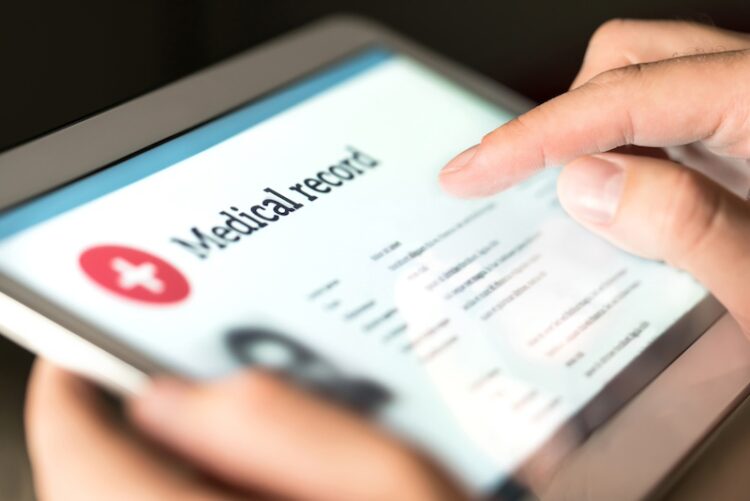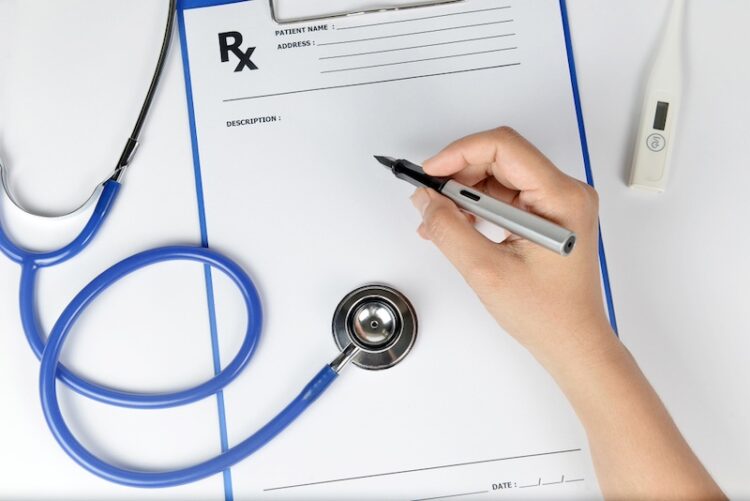
Visiting the doctor can sometimes be an anxiety-inducing experience, but it’s essential to maintain open and honest communication to ensure you receive the best possible care. While it’s natural to have questions and concerns, there are certain things you should avoid saying to avoid misunderstandings and to help your doctor give you the most accurate diagnosis and treatment. Keep reading to explore 15 things you should never say to your doctor and explain why these statements might hinder your healthcare experience.
I’ve Diagnosed Myself

While it’s beneficial to educate yourself about health matters, using the internet as your sole source of information can be misleading. Doctors appreciate informed patients, but online research should complement, not replace, professional medical advice. Trust your doctor’s expertise over anecdotal online evidence.
Can We Skip the Tests?

Diagnostic tests are a crucial part of understanding your health. Skipping tests can lead to missed diagnoses and ineffective treatment plans. If you’re concerned about costs or discomfort, discuss these with your doctor; they can often find ways to address your concerns.
Can You Just Give Me a Prescription?

Requesting medication without discussing your symptoms can be dangerous. Doctors need to evaluate your condition thoroughly before prescribing treatment. Over-reliance on medication can also mask underlying issues that need addressing.
It’s Probably Nothing

Downplaying your symptoms can lead to an underestimation of your condition. If something is concerning you enough to mention it, it’s worth discussing in detail. Your doctor needs a full picture to provide accurate diagnosis and treatment.
I Don’t Smoke or Drink (When You Really Do)

You shouldn’t tell your doctor that you don’t smoke or drink when you actually do because it can lead to incorrect diagnoses and inappropriate treatments. Smoking and drinking can significantly impact your health, affecting everything from your risk of developing certain diseases to how your body metabolizes medications.
If your doctor is unaware of these habits, they may not consider them when assessing symptoms or prescribing treatments, potentially leading to ineffective or harmful outcomes. Honest communication about your lifestyle habits is crucial for accurate medical advice and effective health care management.
It’s Just Stress

Telling your doctor that your symptoms are just stress can prevent a thorough investigation into your health. Stress can mimic or exacerbate many medical conditions, but it is essential to rule out other possible causes. By attributing symptoms solely to stress, you might inadvertently lead your doctor to overlook other critical health issues that require different treatments.
I’m Not Sexually Active (When You Are)

Misrepresenting your sexual activity to your doctor can hinder their ability to provide appropriate care. Your sexual history is vital for assessing your risk of certain infections and diseases, determining appropriate screenings, and discussing contraceptive options. If you’re sexually active but claim otherwise, your doctor may not offer necessary tests or preventive measures, potentially leading to undiagnosed conditions or unintended pregnancies.
A Follow-Up Appointment Isn’t Necessary

Follow-up appointments are essential for tracking progress, adjusting treatments, and detecting any new developments or complications. Even if you feel well at the moment, certain conditions may require regular check-ups to ensure they remain under control. By declining a follow-up, you may miss out on valuable opportunities for preventative care or early intervention. Trusting your doctor’s recommendation for follow-up appointments allows for comprehensive and proactive management of your health, promoting better long-term outcomes and peace of mind.
Can You Hurry Up?

Telling your doctor you don’t have time for your appointment can disrupt the quality of care you receive. Rushing through appointments may lead to important details being overlooked or rushed assessments, potentially resulting in misdiagnosis or inadequate treatment plans. Adequate time allows your doctor to address all your concerns thoroughly and provide comprehensive care.
I Don’t Need To Tell You My Medical History

It’s crucial to disclose your full medical history to your doctor because it provides essential context for understanding your current health and guiding treatment decisions. Omitting details or dismissing the importance of your medical history can lead to misdiagnosis, ineffective treatment, or adverse reactions to medications.
Your doctor relies on this information to assess risk factors, identify patterns, and tailor their approach to your specific needs. Withholding information may hinder their ability to provide accurate and personalized care, potentially compromising your health.
I Don’t Believe in Modern Medicine

Modern medicine is founded on evidence-based practices, rigorous research, and clinical expertise, aimed at diagnosing, treating, and preventing illnesses. By expressing disbelief in it, you risk undermining the trust and collaboration essential for a productive doctor-patient relationship. It may also lead your doctor to question your willingness to follow recommended treatments or adhere to medical advice.
I’ve Been Taking My Friend’s (or Family Member’s) Medication

Each person’s medical needs are unique, and medications are prescribed based on individual factors such as medical history, current health conditions, and potential drug interactions. Taking medication not specifically prescribed for you can pose serious risks, including adverse reactions, ineffective treatment, and complications. However, the key here is that it’s not a good idea to take someone else’s medication in the first place. If you are, your doctor needs accurate information about the medications you’re taking to make informed decisions about your care.
Can You Just Write Me A Doctor’s Note?

Doctor’s notes serve to certify genuine illnesses or medical conditions that prevent individuals from fulfilling their obligations, such as work or school attendance. Requesting one without a valid medical need disrespects the purpose of these notes and may contribute to skepticism regarding their authenticity.
My Friend Said I Might Have…

Telling your doctor that your friend thinks they can diagnose your problem can undermine the professional relationship and the doctor’s expertise. While friends may have good intentions, they lack the medical training and comprehensive knowledge required to diagnose health issues accurately. Relying on unqualified opinions can lead to misinformation and inappropriate treatment.
I Didn’t Think It Was Important to Mention…

Doctors rely on complete and accurate information to understand your health status fully. Omitting details, even those that seem minor, can lead to misdiagnoses, inappropriate treatments, or missed connections between symptoms and underlying conditions. Every piece of information helps your doctor create a comprehensive picture of your health, guiding them to make informed decisions about your care. Being thorough and transparent ensures you receive the most accurate and effective medical advice and treatment.

Comments
Loading…